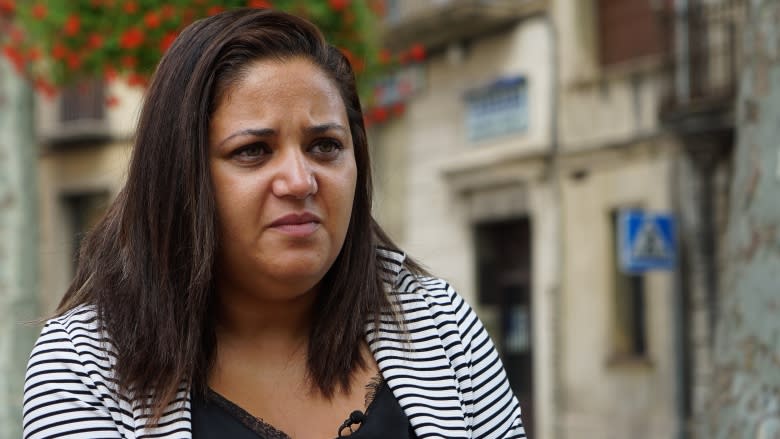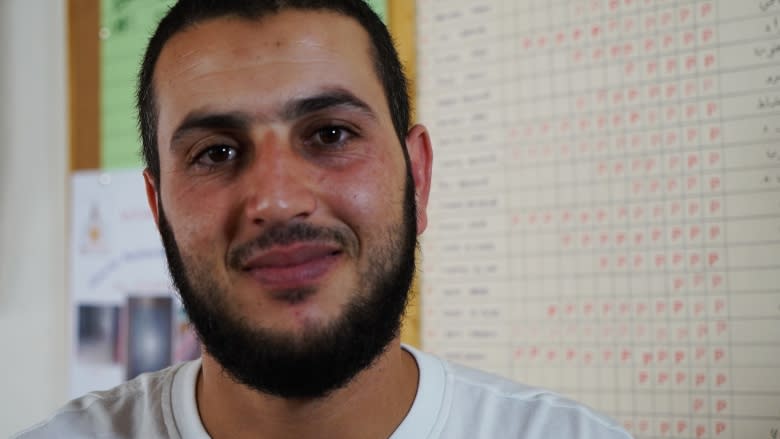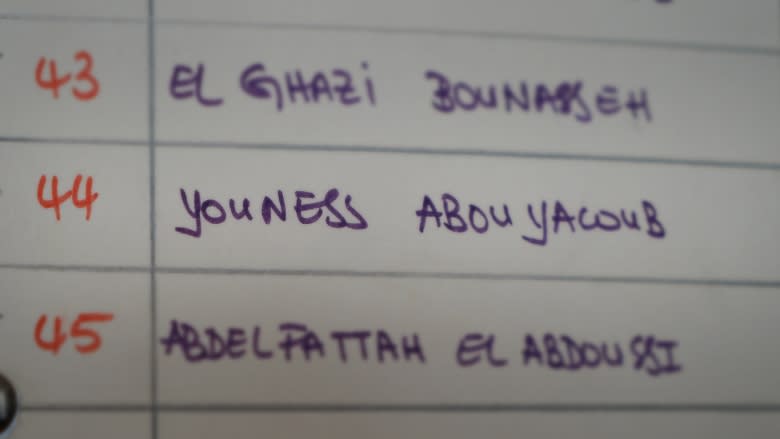'This doesn't represent us': Spanish town linked to attack suspects reeling
Nestled in the foothills of the Pyrenees, a small Catalan town called Ripoll is struggling to come to terms with a new reality.
Eight of the suspects in the deadly attacks that ripped through Barcelona and Cambrils last week are believed to have had links to this town, most growing up here.
All were reportedly of Moroccan descent, the youngest just 17 years old.
Last week's attacks began in Barcelona, when a van plowed into a crowded promenade. Later that day, a car crashed into a crowd in Cambrils. The connection to the dual attacks, which claimed the lives of 15 people, has drawn the world's gaze to the small community near the French border.
"It's very, very strange and a shock for us," said Deputy Mayor Jordi Gumi.
"They were very integrated in the local society. They went to the school of the town. They played football with the local teams."
Looking for answers
During the hot siesta hours the only ones out on the streets are journalists, mainly ignored but sometimes berated by angry residents tired of questions.
TV crews camped outside an apartment building that used to be home to the town's former imam, a man called Abdelbaki Es Satty, hoping to speak to his neighbours.
Es Satty has emerged as a potential key for police, suspected of radicalizing some of those involved the plot.
Newspaper reports suggest Es Satty spent time in prison for crimes including drug trafficking. Police haven't offered much detail about Es Satty in the days since the fatal attacks, but media reports show police have searched his home in Ripoll.
Wafa Marsi, an outreach worker with the town, says she's known all of the young suspects since they were children. She's visibly upset when she talks about them.
"I'm trying to find a way to understand this," she says. "I feel rage for what the kids have done because they're kids, and I feel hate for those who are behind this."
Marsi says she doesn't know Es Satty, but like many others here, she suspects he was a bad influence.
"To me it's very clear. It feels as if he's a wolf in sheep's clothing. Behind the kids there must have been some kind of element."
Locals say Es Satty disappeared more than a month ago, apparently to Morocco. But he was reportedly seen in Ripoll again last Tuesday, just two days before the Barcelona attack.
Several media reports say police are trying to determine if Es Satty was among the two people killed the next day when a blast ripped through a home in Alcanar, 300 kilometres south, that investigators believe was used as a bomb factory.
'This doesn't represent us'
Like the deputy mayor, Marsi also insists there were no major problems in Ripoll.
"This doesn't represent us," she says. "We ask for understanding."
Distraught friends and family of the men gathered in the town square on Saturday to denounce the attacks. Tearful mothers and sisters faced cameras to say they either believed or did not believe what their children have been accused of.
Catalonia has been known for a concentration of jihadist activity, used as a recruiting ground to radicalize and send militants abroad, more so than to launch internal attacks, say security experts.
Its proximity to North Africa and to a land border with France makes it particularly attractive, they say.
In a small Moroccan café opposite the train station, regulars sit at the bar and small tables watching live television broadcasts out of Barcelona, sometimes featuring reports on their café.
A cheer goes up. A bit of humour. But they've had enough of reporters.
The mosque where Es Satty preached is just up the road. Hammou Minhaj is the secretary and says there was nothing to raise alarm bells. No radical sermonizing. No sense that he was plotting anything or had undue influence over young men.
"I'm telling these boys were here. They were very good kids. Anybody who tells you they weren't is lying."
But he also says Es Satty kept to himself.
"Whatever happens outside of the mosque is outside of our control. The imam was with us every day. We can't follow him outside of the mosque."
"He [wasn't] closed off," he says. "But he was alone."
Of the 12 people so far suspected of being involved in some way in the attacks, five died in Cambrils, two died in the explosion at the suspected bomb-making facility, one was shot dead by police on Monday and four have been detained.
The names of two of the suspects appear on big charts on the walls keeping track of donations for the mosque.
Younes Abouyaaqoub is one of them, a 22-year-old from Ripoll suspected of driving the van in Barcelona. He was on the run until Monday, when he was shot dead by police in Subirats, 45 kilometres west of Barcelona.
The other is Mohammed el Hichamy, one of those reported shot dead by police during the second attack at Cambrils along with his brother. In a television interview with the BBC, el Hichamy's father accused Es Satty of brainwashing his children and turning them into murderers.
As the investigation unfolds, many residents seem to sink ever further into the depths of confusion, unable to contemplate that residents in the town could have been connected to the violence that ripped into the nation last week.
The deputy mayor, Gumi, says Ripoll suffered from high youth unemployment like many other Spanish towns, but described the young men allegedly involved as average and middle class, some working and some studying.
- ANALYSIS | For ISIS, Barcelona is another trophy to add to tally of attacks on Europe's iconic sites
- PHOTOS | Aftermath of deadly attacks in Spain
He insists the revelations won't impact relations between communities in the town or spark a backlash against Muslims or Moroccans.
"We prefer to work in a different way. To involve and to make bridges with the different communities of the town."
Wafa Marsi agrees.
"We won't let this happen," she says. "Ripoll is an intelligent town with a lot of history. There will be moments where this will be challenged because of the pain. But we're stronger than that and won't let it happen."




